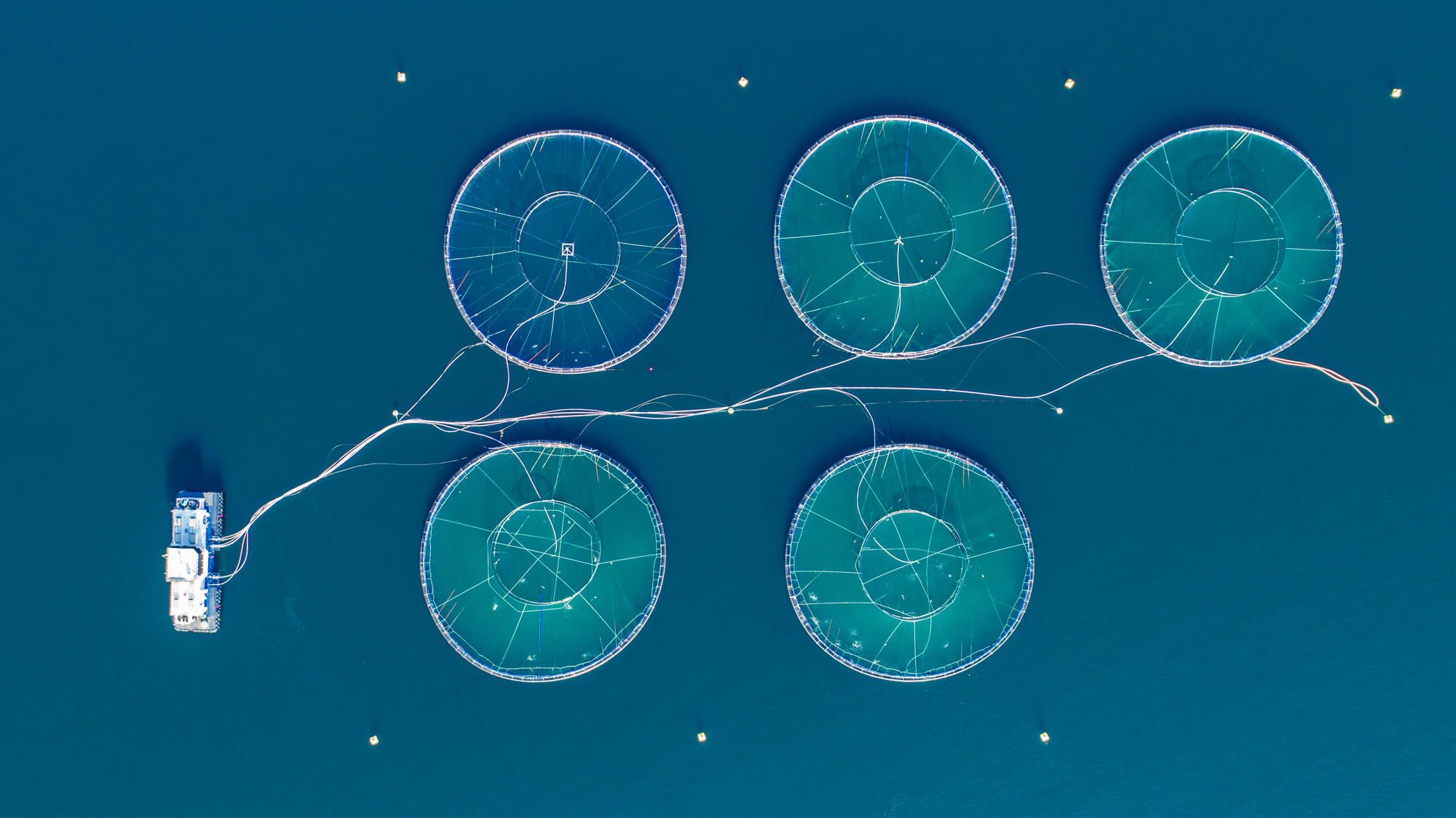The technical challenges that exist in the hatchery production of new and emerging Low Trophic Species (LTS) are significant, and to a large degree they are the same across species and sectors.
In all cases the basic production biology of a new species must be understood prior to evaluating the efficacy of the species for aquaculture production. In the H2020 AquaVitae project extensive, multi-year trials are undertaken to produce macroalgae, echinoderms (sea urchins and sea cucumbers), and shellfish (oysters and mussels), as well as Integrated Multi-Trophic Aquaculture (IMTA). This Workshop will collate existing knowledge with experiences from these trials and make a “Good Practice” recommendation for LTS hatchery production containing both general recommendations as well as recommendations specific for the hatchery production of the species listed.
The planned CEN Workshop Agreement (CWA) establishes a “Good Practice Recommendation” for aquaculture hatchery production of Low Trophic Species. The CWA is intended to be used by anyone involved in – or interested in – the aquaculture hatchery production of Low Trophic Species.
The kick-off meeting will be held on Tuesday, 27 September 2022, from 10.00-13.00 CEST, in Rimini, Italy (venue to be decided).
Requests to participate in the Workshop and/or comments on the project plan are to be submitted by 14 August 2022 to RDu@standard.no. You are kindly requested to use the commenting form below.
Download the documents:




